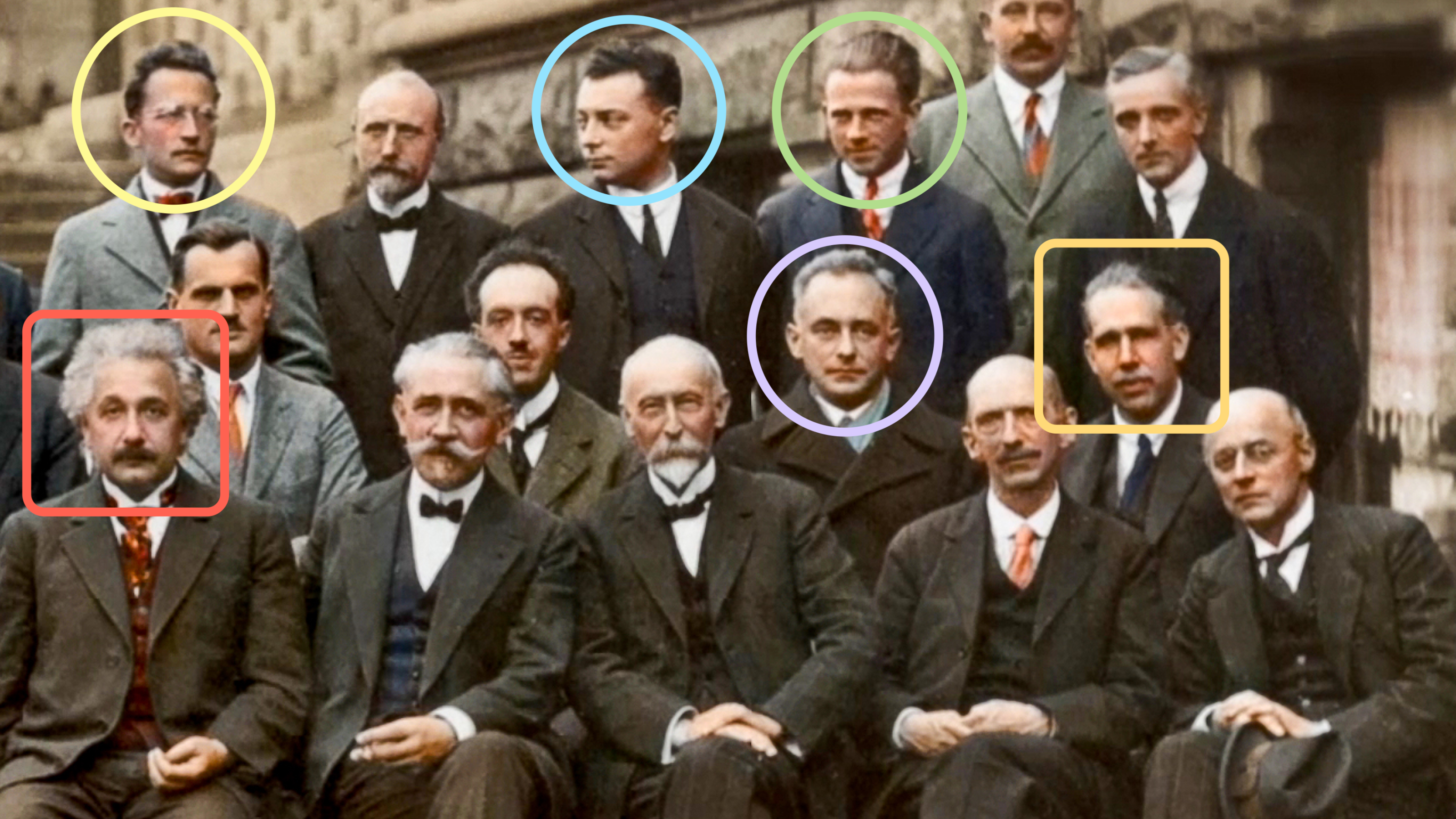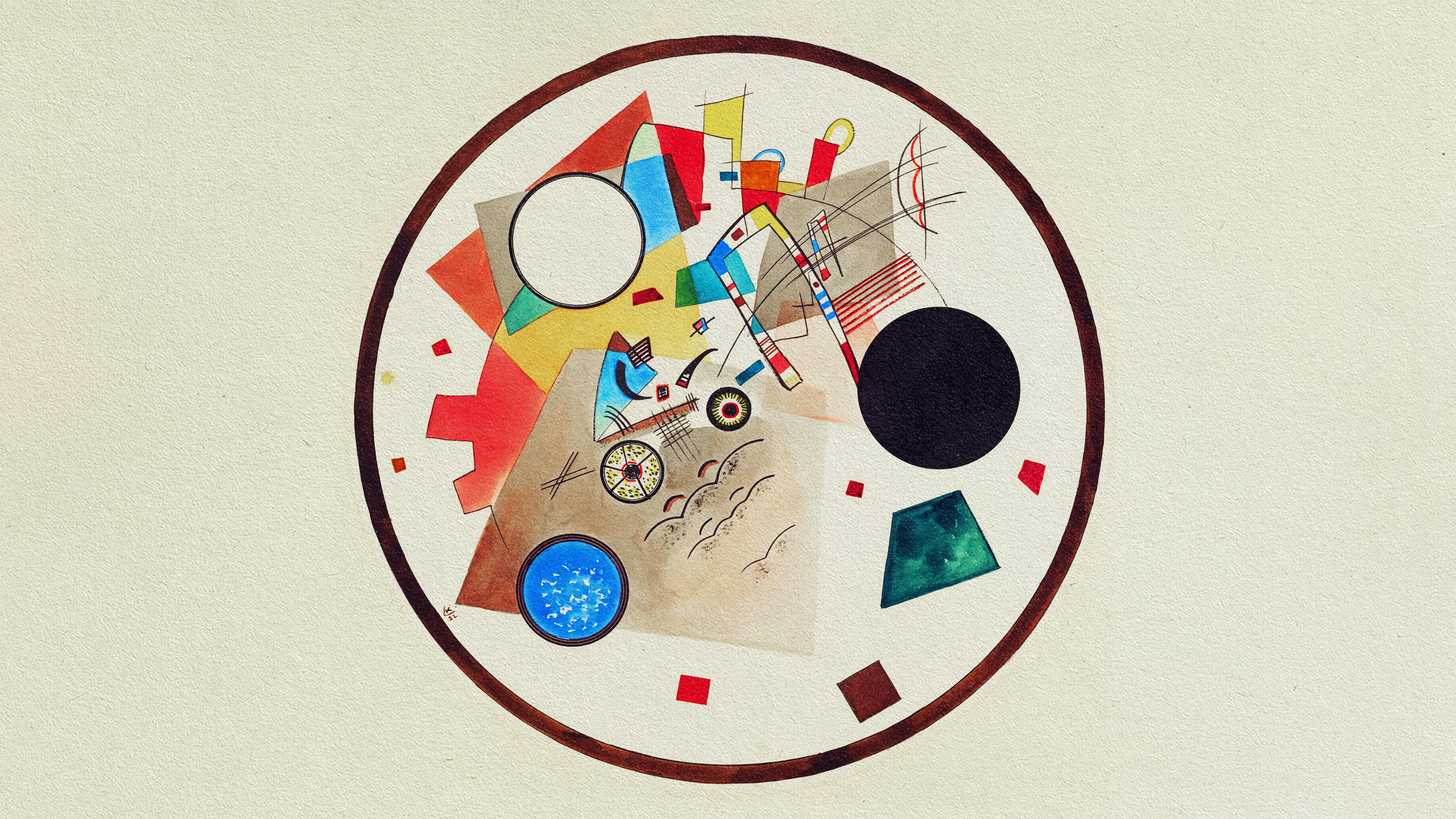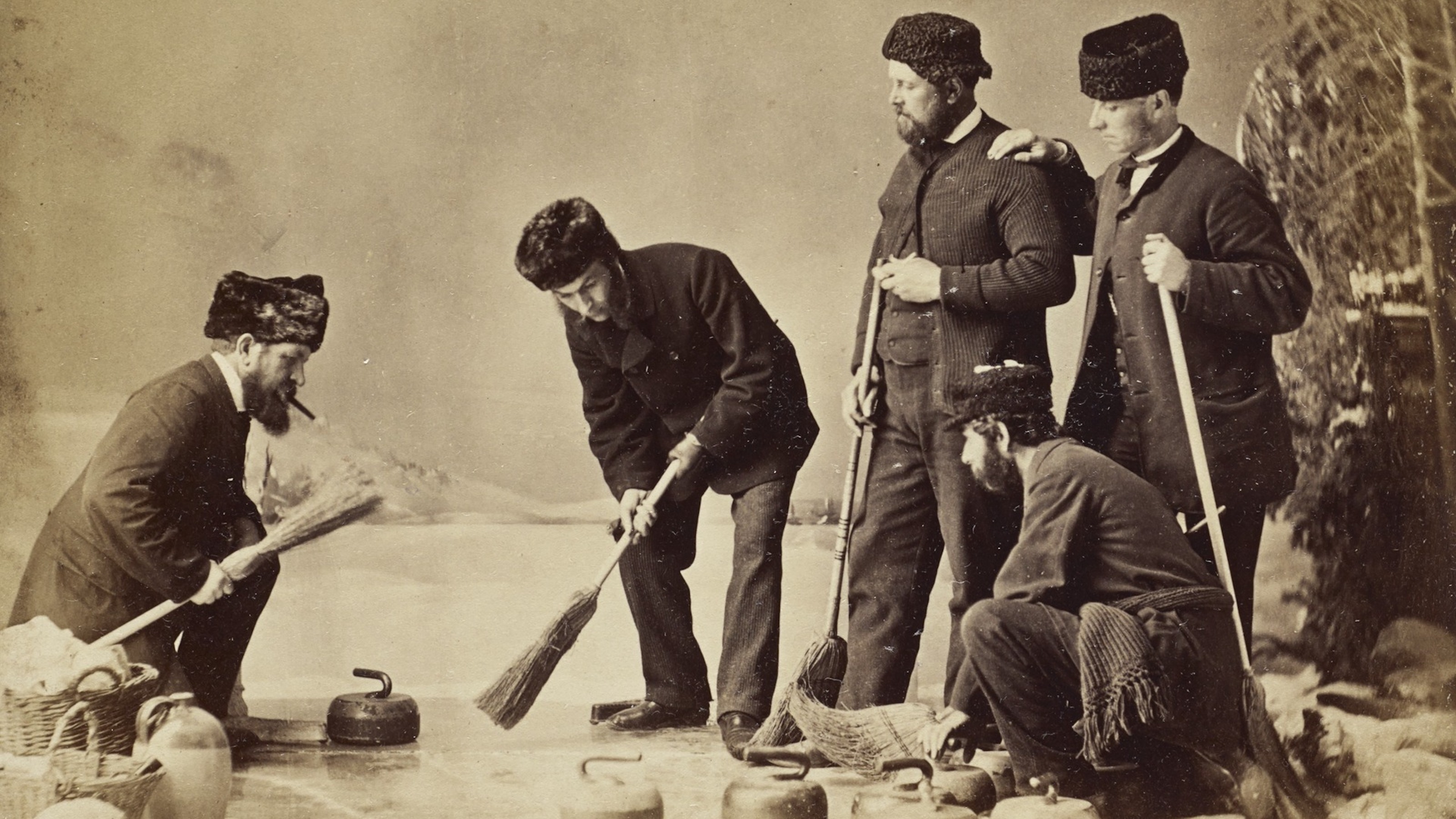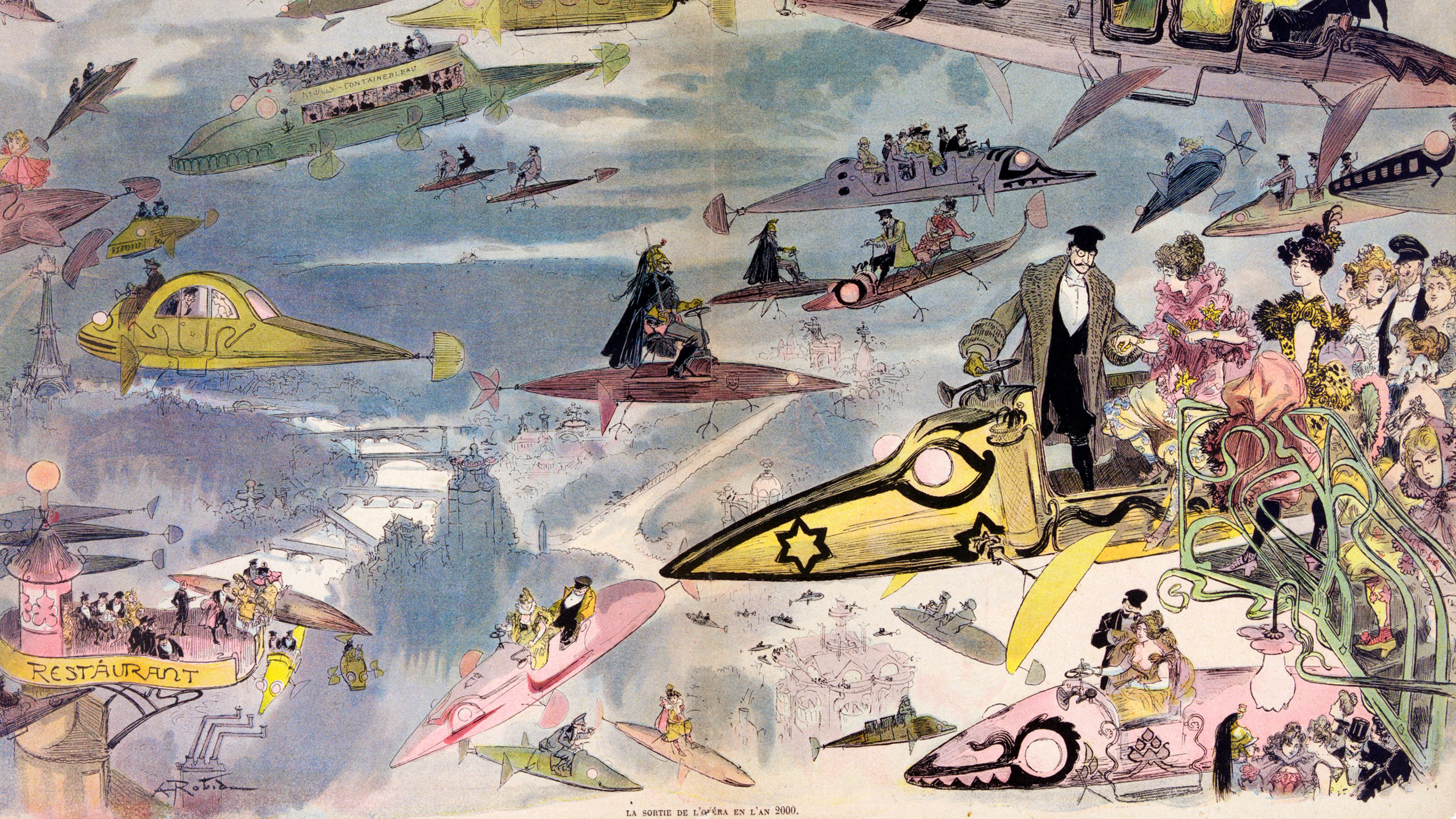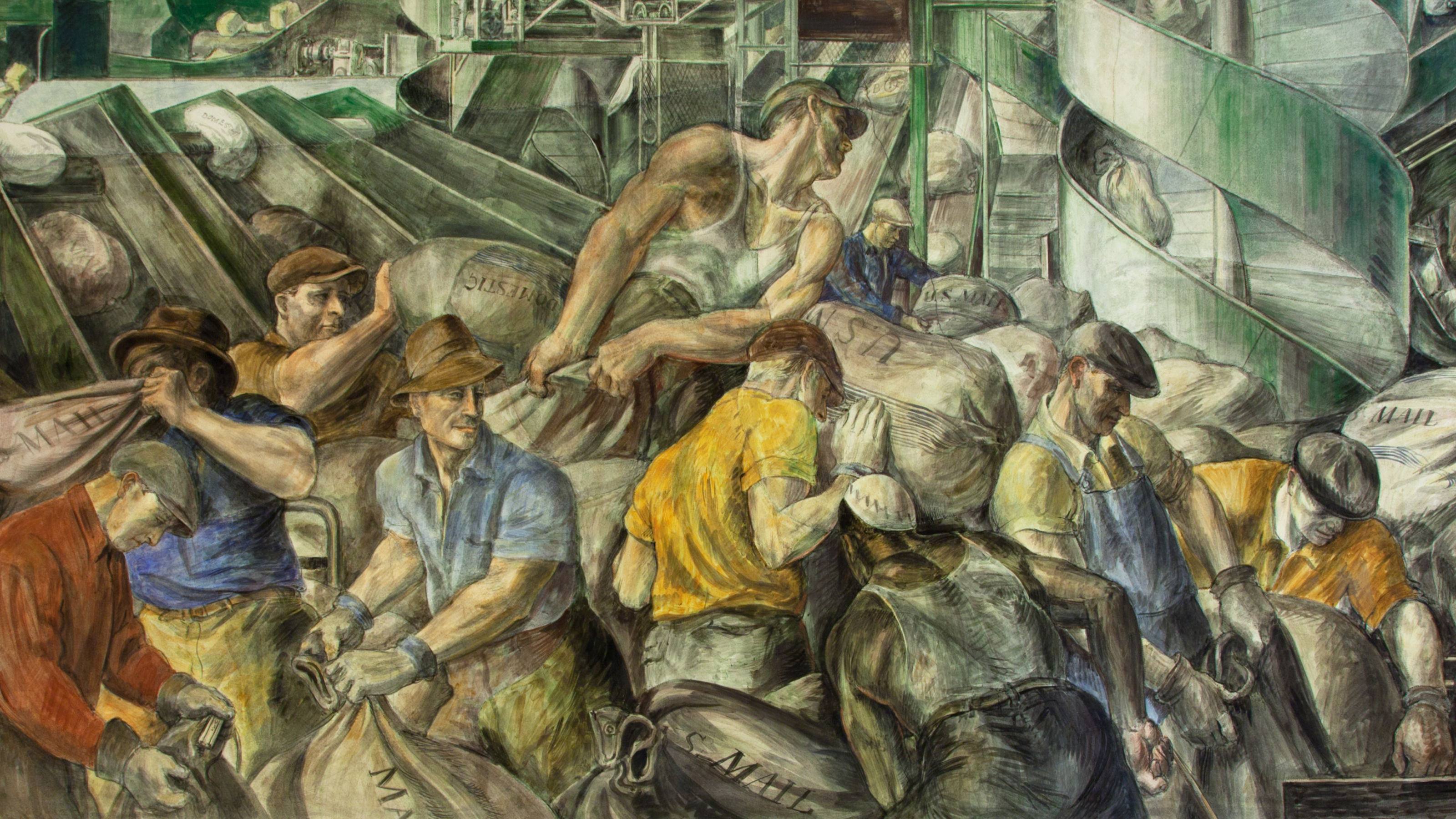problem solving
Borrow the same technique that produced McDonald’s, the Hawaiian pizza, the Beatles’ greatest hits, and Shakespeare’s rhetorical flair.
We often assume that movement means progress and that doing something is better than doing nothing. That is often not true.
The combined intellectual heft of multiple “big thinkers” delivered arguably the most successful scientific theory in history.
The reported supremacy of generative AI over human brain-power in business ideation depends on how you define “better.”
For a plan to go as smooth as clockwork, be prepared to pounce on opportunity.
To break “analysis paralysis,” reduce the number of available options — and introduce an element of chance.
Discover the ancient wisdom of not pushing the river.
Intrinsic motivation cannot be imposed on a team — but you can provide the right culture for it to flourish.
If you give yourself and others space to tinker and experiment, then you might create something incredible. Here’s how to do it well.
Rooted in Vedic philosophy, “anupalabdhi” — or “non-apprehension” — can help you exploit gaps in the market.
Step 1: Don’t solve the wrong problem.
Your organization won’t become a “data democracy” organically — shared knowledge is key.
Every organization has a power block of dutiful but unappreciated talent. Here’s an effective plan for engagement.
When leaders connect enterprise ambition with the driving spirit of activism, everyone wins.
Huge shifts in the workforce demand real-world changes in management practices; “command-and-control” no longer cuts it.
Generative AI — driven by large language models — has the potential to destroy or supercharge most businesses. Now is the time to pivot.
Talent wants to be free — but a safe company culture puts “the maze in the mouse” and shackles progress.
Frustrating failures sometimes lead to great breakthroughs.
“Choose not to be harmed—and you won’t feel harmed,” advised Stoic philosopher-emperor Marcus Aurelius. He had a point.
Giambattista della Porta’s contributions to codebreaking changed the course of communication.
Scientists can make substantial progress without fully understanding exactly what they’re doing.
If you’ve found yourself befuddled by extraordinary scientific-sounding claims, you’re not alone. But this centuries-old lesson can help.
The path of a curling stone on ice — and how it can be influenced — is a revealing metaphor for life’s decisions.
Functional complex systems arise from functional simple systems. Failing to heed this advice can and will lead to disaster.
We all spend way too much time worrying what other people think of us — it’s time to cut loose.
Better cognitive control over our decisions can stave off disappointment in our actions.
We will have a better shot at improving our lives once we come to understand, know, and love the people we will one day become.
In an age of high quit rates, struggling low-wage employees, and tone-deaf leadership, the call for “good jobs” makes great sense.
In the spirit of the 1969 moon landing, we now have a golden opportunity to pursue “nondisruptive” creative solutions.
Like sneaking veggies into dessert, these board games teach STEM, strategy, and executive functions through the joys of play.


